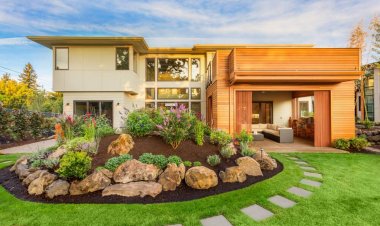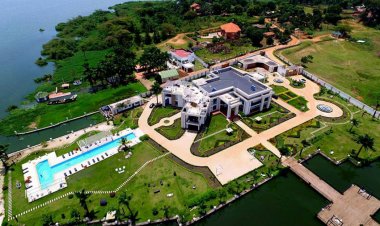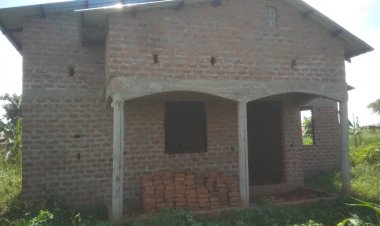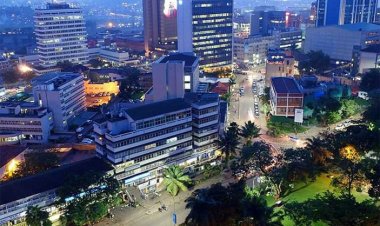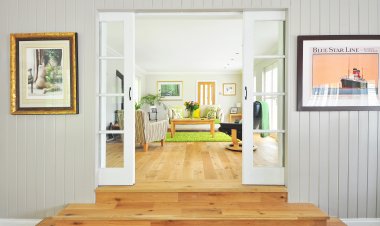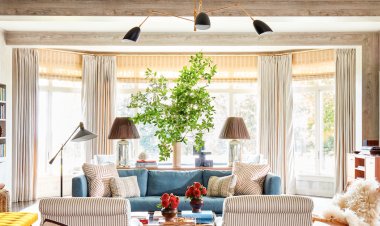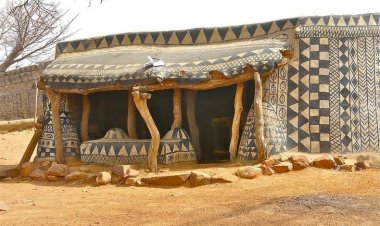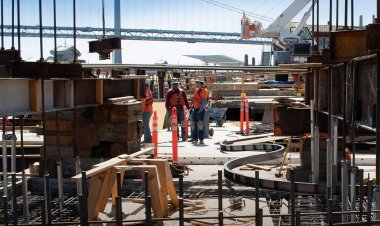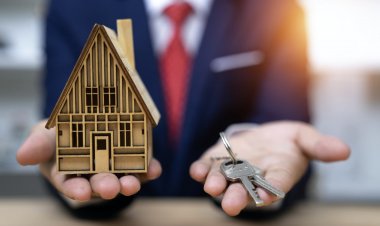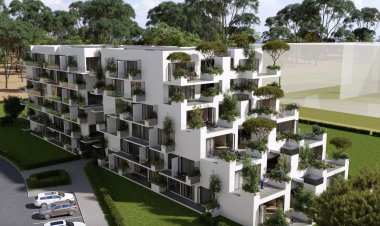Uganda: How Green Homes is Working to Eliminate Cement From House Construction
Through recycled plastic mixed with sand, the organization that became operational in 2020, has come up with a strategy that eliminates cement from the construction process.
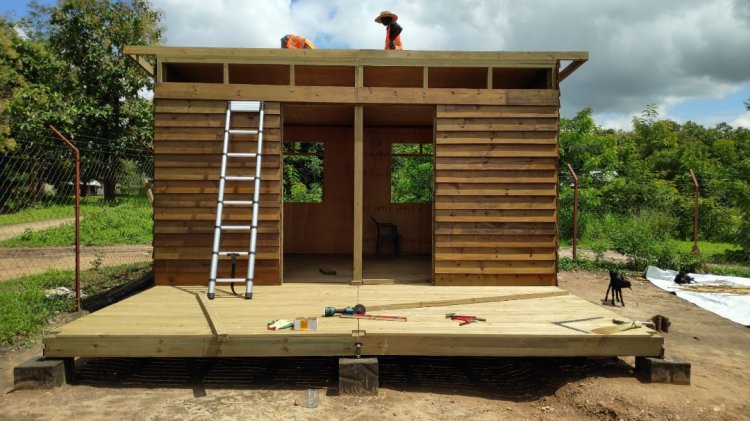
Imagine building a house without using cement to bind the bricks together.
That is the innovation Green Home Transformations, a social enterprise operating in Gulu City has come up with.
Through recycled plastic mixed with sand, the organization that became operational in 2020, has come up with a strategy that eliminates cement from the construction process.
Bosco Endriko, the founder of Green home transformations says they recycle plastic waste into eco-building materials such as eco interlocking bricks, eco pavers, and eco pillars.
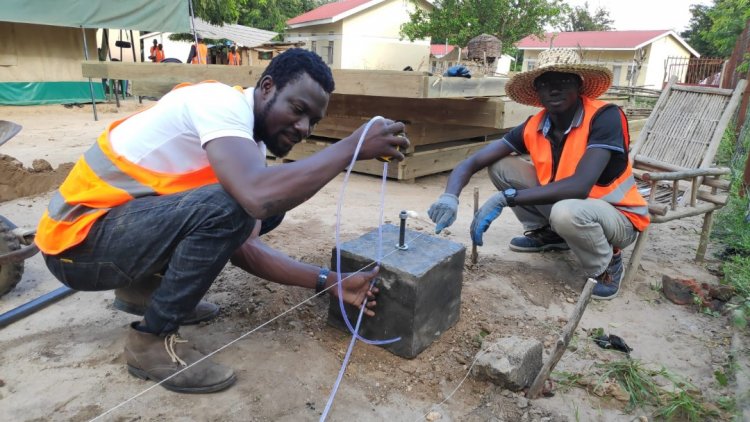
The bricks are used to build walls while the pillars are used as a foundation for the house and the pavers for compounds.
Endriko says that they want to make affordable housing without using cement, a component that is currently expensive.
“The idea of interlocking bricks is that we want to make housing affordable in the sense that we don’t use cement,” Endriko said.
He added that they want to eliminate the carbon footprint of cement from the construction process since it’s costly.
A 50-kilogram bag of cement hit UGX 40,000 in May down from UGX 28,000 it was costing in January 2022.
The price has recently stagnated at UGX 35,000.
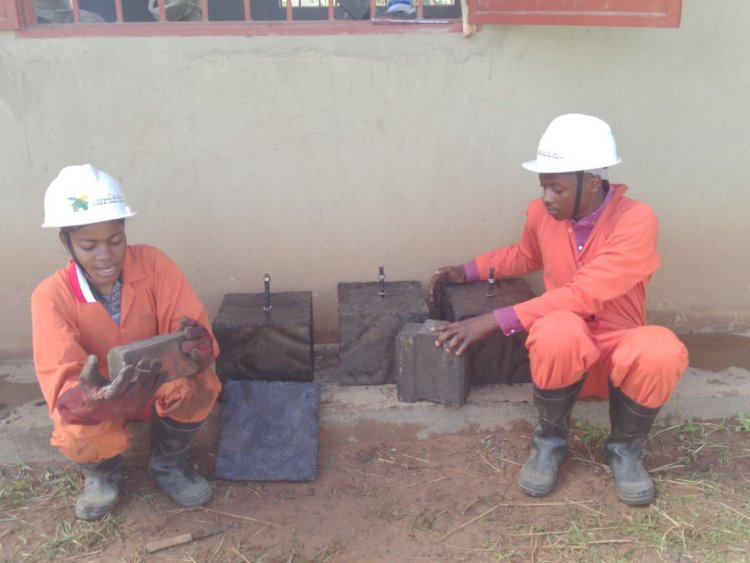
Green Home plans with the help of GIZ NatuReS (The Natural Resources Stewardship Programme) to construct an eco-VIP latrine at Pageya primary School in Gulu City which will act as their proof of work to people interested in using recycled plastic bricks.
“We will use it as a showcase for people to see that out of plastic, we can come out with bricks to construct an affordable house. We reduce the cost of construction by 10 % after eliminating cement,” Endriko said.
For workers, the organization works with intern students from the bio-system engineering department of Gulu University.
Endriko says his innovations are to solve the problem of plastic waste solution currently being faced by most Ugandan towns and also to create a solution to the housing deficit in the country.
According to Habitat for Humanity Uganda, a nonprofit organization, the housing deficit stands at 2.4 million housing units, out of which 210,000 units are in urban areas and 1.395 million units in rural areas.
Green home is currently partnering with Easy housing, a Netherlands-based organization that sustainably uses timber to construct affordable houses.
Easy Housing uses pillars made by Green Home to build foundations for its houses.
Endriko, the founder of Green home hopes to win construction contracts with local governments in Acholi Sub-region in the near future to build classrooms and latrines.
The organization’s production which is currently manual stands at six bricks per day but is set to scale it up once it imports a machine at USD 80,000.
If you have a real estate press release or any other information that you would like featured on African Real Estate Blog Post do reach out to us via email at [email protected]

 Justine Muboka
Justine Muboka 






